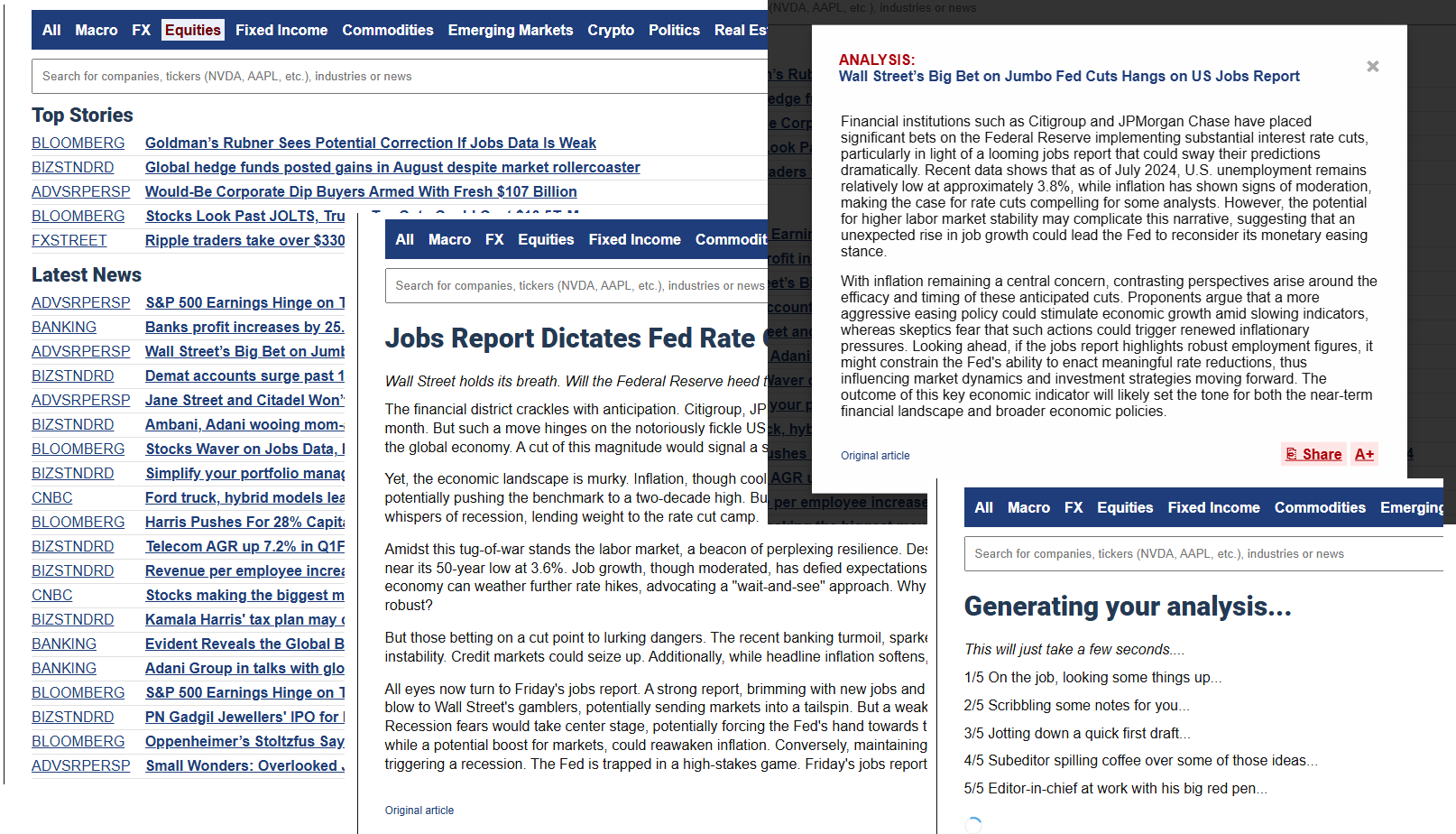Ryanair Navigates Turbulent Skies, UK Routes At Risk
Ryanair Holdings Plc, the budget airline titan, faces turbulent skies as it contemplates cutting UK routes in response to an increase in the UK air passenger duty. This decision, a response to recent government fiscal policies, underscores the airline's battle to adapt to shifting economic landscapes while maintaining its low-cost competitive edge. Neil Sorahan, Ryanair's Chief Financial Officer, voiced concerns about the potential impacts on regions such as Scotland and the Midlands, areas that could see a reduction in available routes, as the airline reevaluates its strategic operations to counterbalance the added financial strain.
The increase in air passenger duty within the UK ties into a broader governmental fiscal strategy aimed at ensuring fiscal stability. However, this policy move places airlines like Ryanair in a challenging position: either absorb the heightened operational costs or pass these increases on to consumers, which risks impacting demand. This precarious balancing act highlights the tension between governmental economic policies and the necessity for businesses to adapt swiftly and efficiently.
Further complicating Ryanair's situation are delays in aircraft deliveries from Boeing, a key supplier. Such delays present a significant challenge, as they interfere with Ryanair's plans for growth. Boeing's broader production issues have caused ripples across the aviation industry, not just for Ryanair but for countless airlines worldwide. These logistical disruptions illustrate the complexities airlines face in managing dependencies while striving for consistent growth and expansion.
As tickets potentially become more expensive and route options shrink, the economic consequences for affected regions could be severe. Scotland and the Midlands, heavily dependent on tourism, risk an economic downturn should airline connectivity weaken. The potential shortfall in tourism revenue could ripple through local economies, leading travelers to seek alternative destinations or revise their travel plans altogether.
Ryanair's predicament is emblematic of broader challenges confronting the airline industry in a world still reeling from the pandemic, interlinked with geopolitical tensions and evolving economic policies. The potential scale-back of UK routes signifies a wider industry struggle to align operational expenses with the gyrations of market demands and external policymaking pressures.
Beyond the airline sector, similar dynamics are evident in other geopolitical and economic contexts. In Kashmir, expectations of economic prosperity post-New Delhi’s direct governance contrast starkly with the ground realities, showcasing the misalignment between large-scale initiatives and economic experience. This divergence between policy intent and outcome serves as a reminder of the potential disconnects in policy application.
On the global stage, shifting geopolitical dynamics have impacted financial markets, such as the strength of the dollar being influenced by changing US political landscapes. The evolving political scenario introduces added complexities into international trade and financial policy-making, directly affecting currency valuations and investment trends.
The uncertainty extends into the digital realm, where the cryptocurrency market faces volatility reflected by assets like Sui, which recently experienced declines from record highs. These fluctuations accentuate investor fears and mirror the broader financial instability facing traditional institutions amid liquidity concerns.
As these multifaceted challenges unfold, the tech sector—a cornerstone of modern economic development—faces its own hurdles. With the rise of AI-driven data centers, there’s an increasing demand for innovative, sustainable energy solutions. Tech giants are pushed to rethink energy consumption practices, as the swift expansion of the digital economy threatens to outstrip the capabilities of existing infrastructure.
These snapshots across different sectors and regions collectively illustrate a key theme: sustainable economic growth demands an innovative balance between policy adaptiveness, technological advancement, and consumer readiness. Ryanair, like many in the global economy, must deftly navigate these regulatory, logistical, and market pressures to remain prosperous. As economies around the world confront these intricate intersections of change, recognizing and adapting to these multidimensional forces will be pivotal in maintaining competitive edges and ensuring economic resilience.
AI-Powered trading insights: join our email list
Real-Time Market Analysis
Get instant insights on market trends, news impact, and trading opportunities.

